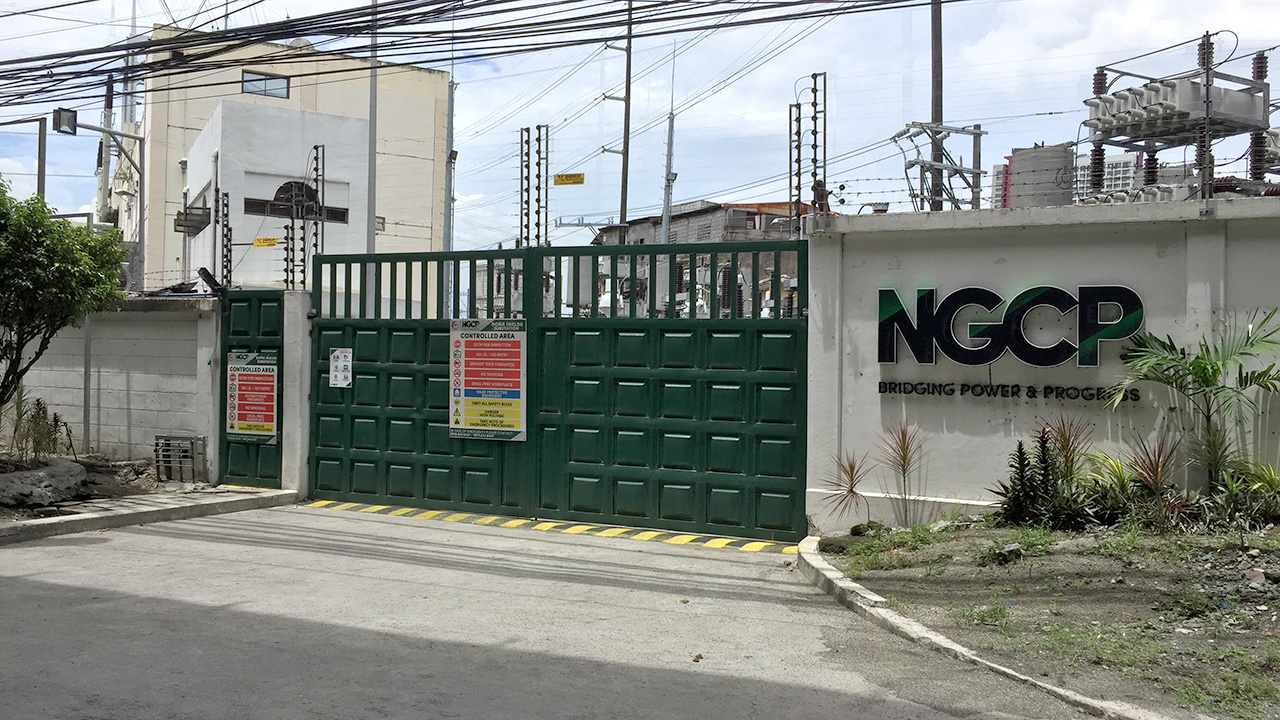NGCP seeks resolution of TRO on Panay-Guimaras tower sites

THE National Grid Corp. of the Philippines (NGCP) said it is seeking an “urgent resolution” from the Supreme Court (SC) of a temporary restraining order (TRO) that blocked it from working on a site needed for its Panay-Guimaras 138-kilovolt interconnection project.
“We are hopeful for the urgent resolution of the issue so as not to hamper the interconnection which will improve the region’s power transmission line projects,” the NGCP said in a statement on Thursday.
The SC had granted the petition of the Iloilo Grain Complex Corp. (IGCC) for Certiorari and Prohibition with Very Urgent Application for Temporary Restraining Order and/or Writ of Preliminary Injunction.
IGCC owns the property where two towers are set to be erected. The NGCP said the site is “crucial as this 1.7-kilometer transmission line will connect the proposed Iloilo Substation to the Ingore Cable Terminal Station.”
The cable terminal station will serve as the connection point of the submarine cable to Guimaras Island.
The NGCP filed an expropriation case on Sept. 30, 2022 to acquire the property, which was approved by Iloilo Regional Trial Court (RTC) Branch 33 on Nov. 3, 2022.
A writ of possession was then issued on Dec. 12, 2022, but the IGCC submitted a motion for reconsideration on Jan. 18, which was denied by the RTC.
The dispute was then elevated to the SC, which granted the TRO.
The NGCP said that the TRO prevents it from carrying out a component of the project crucial to linking the two islands.
“The Supreme Court’s decision is disheartening as it hinders us from fulfilling our commitment to the residents of the islands of Panay and Guimaras, including fast-developing Iloilo City,” the NGCP said.
“Nevertheless, we steadfastly maintain our dedication to enhancing power transmission within the area despite this setback,” it added.
The interconnection project is an upgrade of the existing submarine cable connecting Panay and Guimaras. It is targeted to be completed in December next year.
The NGCP said it continues to seek “an expeditious and amicable settlement” with the landowner. However, the grid operator said that it is reluctant to move forward with IGCC’s proposal, which involves a reroute through a residential area affecting five households.
“When we plot the route of our transmission line projects, a major consideration is the existence of structures and residents. We aim to traverse areas that will cause least destruction to property, and result in the least number of persons displaced,” it added.
According to the grid operator, “any deviation in the established route may also affect adjacent towers and cause further delay to the completion of the project.” — Sheldeen Joy Talavera



